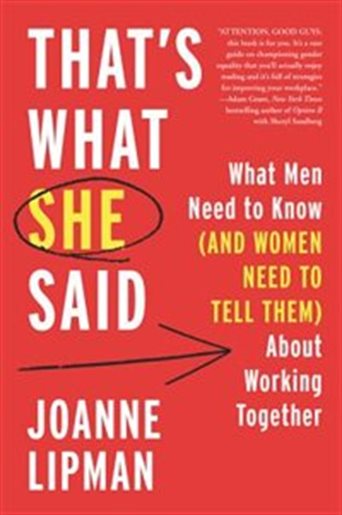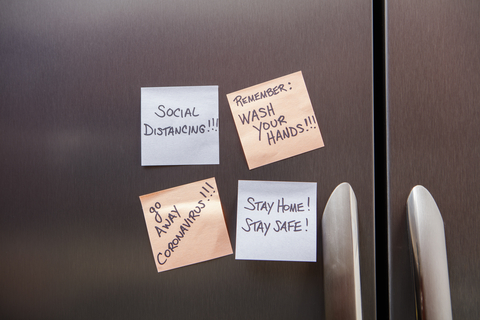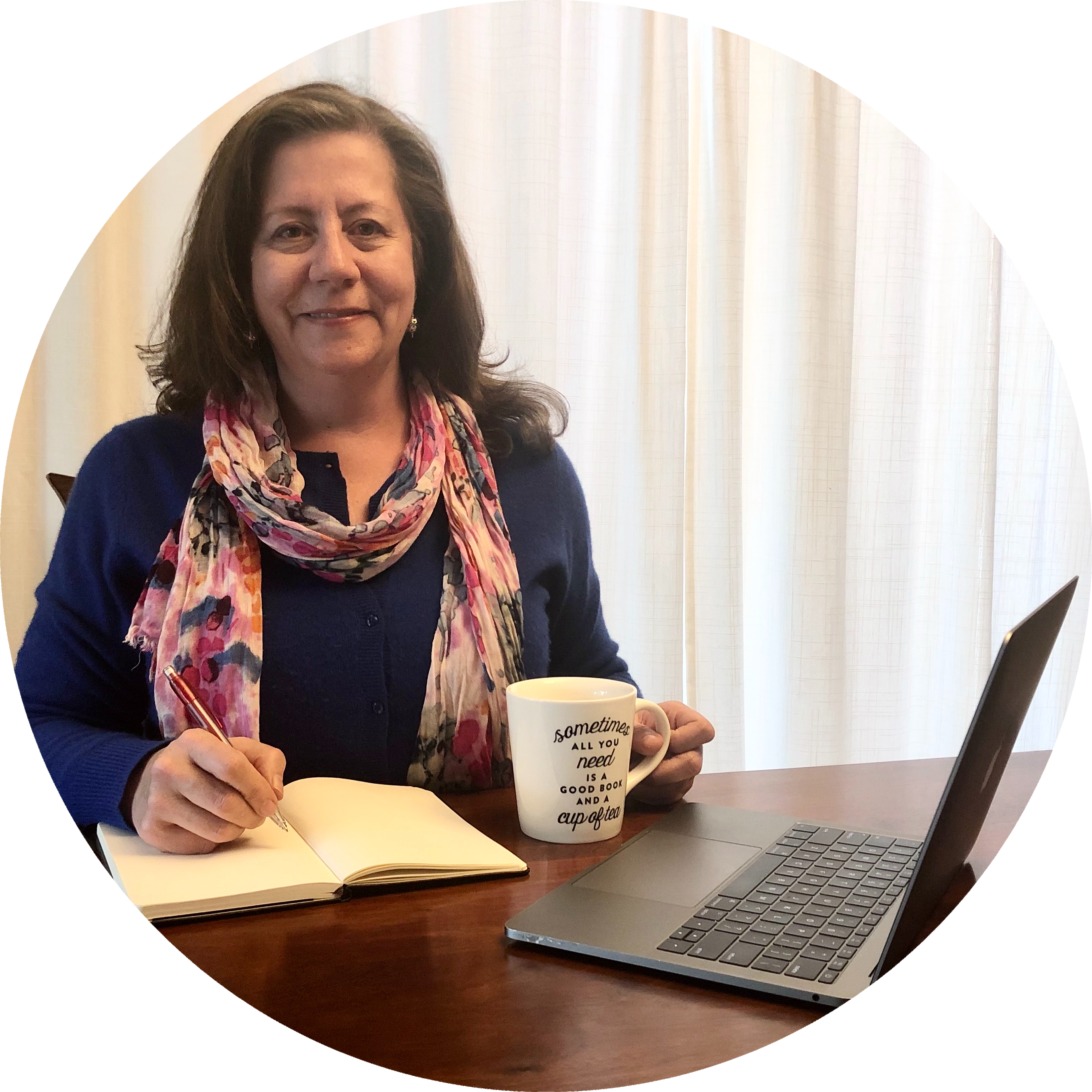
I was at a leadership conference a few weeks ago. It was specifically for women in the energy industry, but the nuggets of wisdom I took away are far wider-reaching.
I was actually presenting at this conference. I wasn’t meant to be; I had originally signed on to moderate a panel, but when the panelist from my industry had to back out at the last minute, the organizer and I decided I could take that on.
Now let’s just say that I dropped sciences and math as quickly as I could in high school. And while I did take one grade 13 science (how that dates me!) and can still recite the first two lines of the periodic table, that there really is a reason why I have a journalism degree. And yet, I’ve spent my career in technical industries – from petrochemical, to oil and gas and eventually to power production, with a specialty in nuclear. I’ve often joked that my job has often been to translate from Engineering-ese to English.
I sat in awe of some of the other women who were presenting that first morning. They were polished, professional women, all who had achieved great things in their careers, and who had amazing stories to tell and wisdom to pass along.
I was a little nervous about discussing a technical subject in a room for of technical people and so I had intended to start my panel off with a self-deprecating joke about being the least technical person in the room. It’s something I’ve done before and usually buys me some sympathy points.
But one of the speakers before me started talking about how the language that we, as women in the working world – and even beyond – use, is really important. She asked how many of us were “honoured” to be here. How “pleased” we were to be at the table. How many times had we said those words before when asked to join a team or a special project. And then she asked us how many of our male colleagues would feel the same. Would they be pleased and honoured? No. They would just naturally take their place because they would feel they deserved to be there. That they had earned their spot and therefore no thanks were necessary for their inclusion.
It was like a lightbulb went on for me. I’ve spent over a decade in this industry. I know what I’m talking about. So why do I feel the need to apologize for it being “just me” making the presentation. So I didn’t. And it felt good. It finally dawned on me that I deserved to be there as much as those women I had been listening to before me.

I came home and devoured a great book called That’s What She Said, by Joanne Lipman. It opened my eyes to the biases in both men, and yes, in women too, and really got me interested in being part of changing the dynamic in the workplace.
It got me thinking about other ways women unintentionally sabotage ourselves. We’re “happy to help”. We take on the role of organizing the birthdays on our teams. We take supporting – not starring – roles on projects. How we wait until we think we have 100 percent of the required skills before applying for a job, not realizing that our male counterparts leap into things figuring they’ll pick up what the need to know along the way.
When I graduated from university, and began working in the first of a string of male-dominated industries, I purposely never volunteered to take minutes at a meeting. I never figured out how to conference in multiple people on the same phone call. Yet, I was the one who organized birthday cakes and other “soft” things. In my career, I’ve often prepared senior leaders – almost always men – for their moment in the spotlight. Media training, interview and speech prep. Employee town hall rehearsals. Unofficial soundboard. One of my favourite quotes even talks about reflecting the light of a candle as a form of leadership – essentially being the one behind. I was so excited when I was first asked to join the senior table that it took me a long time to realize I was there not just to listen, but because I had something to contribute.
I’ve recently taken a promotion at work and its giving me an opportunity to step up and lead in a far more direct way than I have typically done. It gives me a platform to guide an already really talented team through an exciting transition in my company. This spring’s conference, and the book discovery couldn’t have come at a better time. With intent, I hope I can pass on some of what I learned in my lightbulb moment to help others earlier in their career. And if I’m lucky, working with my colleagues – both male and female – I can help move the dial a little bit further in the right direction.



